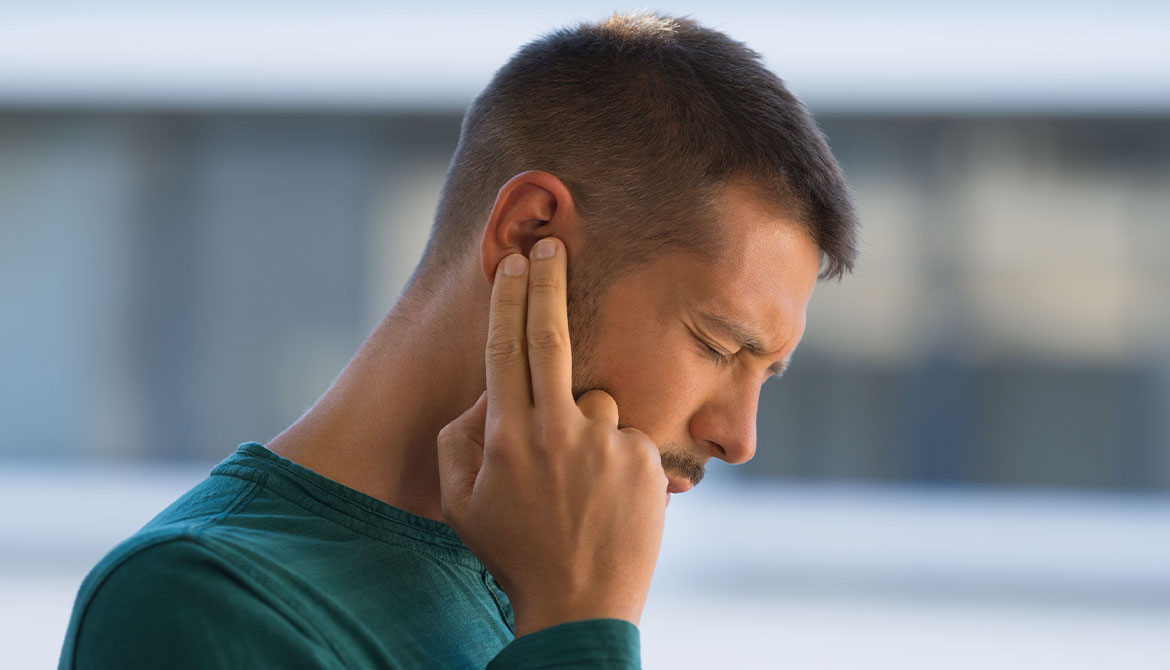Meniere’s Disease: Causes, Symptoms, and Treatment Methods
What Is Meniere’s Disease?
Meniere’s disease is a disorder caused by increased fluid pressure in the inner ear, characterized by recurring episodes of vertigo (dizziness), hearing loss, tinnitus (ringing in the ear), and a feeling of fullness in the ear.
- The exact cause is unknown, but inner ear fluid imbalance is considered one of the most important contributing factors.
- The episodes of vertigo and hearing loss can significantly impact daily life.
What Causes Meniere’s Disease?
Although the exact cause is not fully understood, the following factors may contribute to the development of Meniere’s disease:
- Inner ear fluid buildup: Issues with the production or drainage of a fluid called endolymph are the primary mechanisms.
- Immune system disorders: It may be associated with autoimmune diseases.
- Genetic predisposition: It is more likely in individuals with a family history.
- Viral infections: Especially those affecting the inner ear may trigger Meniere’s disease.
- Migraine: Some patients with Meniere’s disease also experience migraines, suggesting a possible link.
- Stress and lifestyle factors: High stress, lack of sleep, and poor diet may trigger attacks.
Symptoms of Meniere’s Disease
Meniere’s disease typically occurs in episodes that can last from a few minutes to several hours.
Vertigo:
- Sudden onset of intense vertigo lasting minutes to hours
- Involuntary eye movements (nystagmus)
- Difficulty walking, imbalance, and a sense of dizziness
- Nausea and vomiting
Hearing Loss:
- Initially fluctuating and temporary hearing loss
- May become permanent as the disease progresses
Tinnitus (Ringing in the Ear):
- Persistent or episode-related ringing, buzzing, or humming sensation
Ear Fullness and Pressure:
- A sensation of pressure, especially before or during a vertigo attack
Vertigo attacks in Meniere’s disease are sudden and severe. Patients often feel completely normal between episodes.
How Is Meniere’s Disease Diagnosed?
The diagnosis of Meniere’s disease is based on the patient’s symptoms and specific tests.
Diagnostic Methods:
- Hearing Tests (Audiometry): Used to assess the presence and degree of hearing loss
- Videonystagmography (VNG): Evaluates the inner ear balance system and eye movements
- Electrocochleography (ECoG): Measures fluid pressure in the inner ear to support diagnosis
- Magnetic Resonance Imaging (MRI): Used to rule out other neurological conditions
For a diagnosis, the patient must have experienced at least two episodes of vertigo along with hearing loss.
Treatment Options for Meniere’s Disease
Lifestyle and Dietary Changes
- Reducing salt intake (salty foods can trigger fluid buildup and attacks)
- Drinking plenty of water to maintain fluid balance
- Avoiding caffeine, alcohol, and smoking
- Stress and anxiety management (yoga, meditation, or therapy is recommended)
Medication Therapy
There is no cure for Meniere’s disease, but medications can reduce the severity and frequency of attacks.
- Vestibular suppressants: Used to relieve vertigo symptoms
- Antiemetic drugs: Prescribed to reduce nausea during attacks
- Diuretics: Help balance inner ear fluid pressure
- Corticosteroids: May reduce inflammation and prevent hearing loss
Vestibular Rehabilitation (Balance Exercises)
Special exercises aimed at helping the vestibular system adapt can reduce dizziness and improve balance.
Invasive Treatments (For Advanced Cases)
Injections into the Inner Ear (Corticosteroid or Gentamicin)
- Corticosteroid injections may reduce inflammation
- Gentamicin injections partially disable the balance nerve to reduce vertigo, but may cause hearing loss
Surgical Treatments (For Rare and Severe Cases)
- Endolymphatic shunt surgery: Performed to drain excess fluid from the inner ear
- Vestibular nerve section: The balance nerve is cut to control vertigo
- Labyrinthectomy: In severe cases, the entire inner ear is removed (this results in permanent hearing loss)
Recommendations for Meniere’s Patients
- Avoid sudden movements and rest in a safe place during an attack
- Limit salt intake and increase water consumption
- Avoid smoking and alcohol
- Practice relaxation techniques for stress management
- Have regular check-ups to monitor hearing and balance
Conclusion
Meniere’s disease is characterized by episodes of vertigo, hearing loss, tinnitus, and ear pressure.
Although it cannot be completely cured, its symptoms can be managed through medications, lifestyle changes, and rehabilitation programs.
Prof. Dr. Elif Aksoy
ENT Specialist – Vertigo and Balance Disorders


